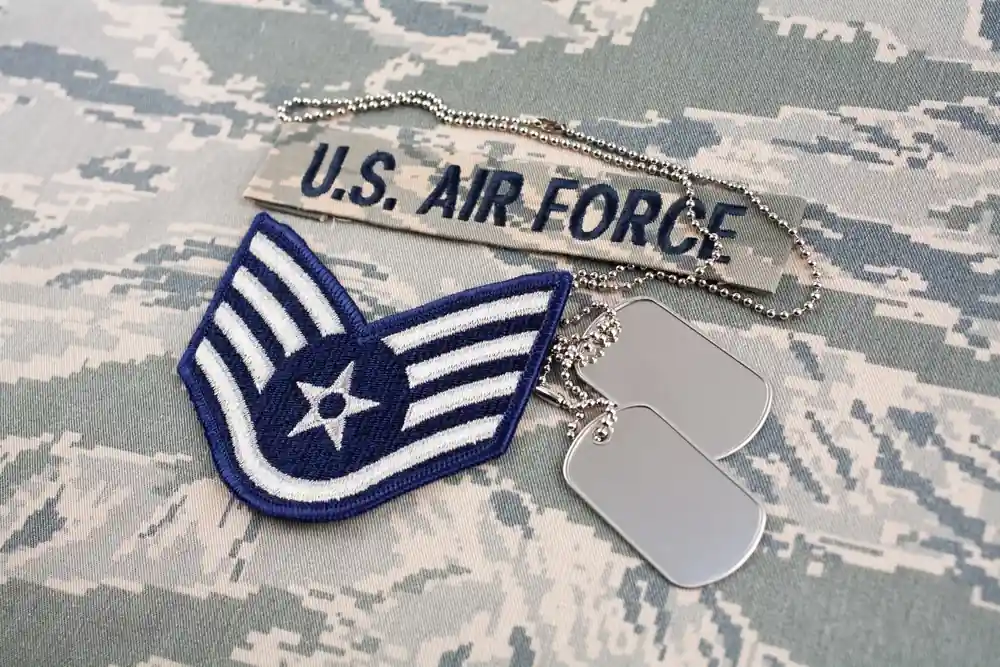Clear Vision, Mission Ready
In the demanding world of military operations, exceptional vision is not just beneficial—it’s essential. For pilots and service members in high-performance roles, clear eyesight ensures precision, safety, and mission success. Colorado Springs, home to the U.S. Air Force Academy, stands as a pivotal center for military aviation. Here, advancements in vision correction procedures like LASIK offer military personnel the opportunity to enhance their visual acuity, aligning with the rigorous demands of their duties.
Why Vision Correction Matters for Military Personnel
Military environments present unique challenges where traditional vision aids like glasses or contact lenses may fall short:
- Operational Limitations: Glasses can be cumbersome in combat scenarios, potentially hindering the use of equipment or fitting under helmets.
- Environmental Factors: Contacts may be problematic in harsh conditions, such as sandy or arid environments, leading to discomfort or increased risk of eye infections.
- Performance Demands: Pilots and aviation personnel require impeccable vision to interpret instruments, navigate, and ensure overall flight safety.
Undergoing LASIK or similar refractive surgeries can mitigate these issues, offering a more permanent solution to vision correction and enhancing overall operational effectiveness.
Military Vision Standards: Can LASIK Help You Qualify?
Each military branch has specific vision requirements, particularly for roles like pilots:
U.S. Air Force Pilot Requirements:
- Uncorrected Distant Vision: Must not exceed 20/200 in each eye, correctable to 20/20.
- Uncorrected Near Vision: Must not exceed 20/40 without correction.
- Color Vision: Normal color vision is mandatory.
- Other Factors: Must meet specific refraction, accommodation, and astigmatism standards.
Historically, certain corrective eye surgeries could disqualify applicants from pilot roles. However, policies have evolved:
- As of 2007, the Air Force approved LASIK for aviators, initially with some restrictions, which were later lifted in 2011.
- Currently, aviation applicants and active aircrew members no longer require waivers for LASIK or PRK surgeries once their vision has stabilized.
It’s crucial for service members to consult with their medical and command units to understand the specific requirements and any potential implications of undergoing LASIK.
Dr. Marc Neuffer: Military LASIK Expertise
At Skyline LASIK in Colorado Springs, military personnel have access to top-tier vision correction services led by Dr. Marc Neuffer. Serving as the Chief of Cornea and Refractive Surgery at the U.S. Air Force Academy, Dr. Neuffer brings unparalleled expertise:
- Military-Centric Care: With extensive experience treating military personnel, Dr. Neuffer understands the unique visual demands placed on service members, especially pilots.
- Advanced Techniques: Utilizing state-of-the-art technology, Skyline LASIK offers procedures tailored to the specific needs of military patients, ensuring optimal outcomes.
- Personalized Consultations: Recognizing that each service member’s duties and visual requirements differ, Dr. Neuffer provides individualized assessments to determine the most suitable vision correction options.
LASIK vs. PRK: Which is Best for Military Members?
When considering vision correction surgery, understanding the differences between LASIK and PRK is essential:
LASIK (Laser-Assisted In Situ Keratomileusis):
- Procedure: Involves creating a corneal flap before reshaping the underlying corneal tissue with a laser.
- Recovery: Typically offers a quicker recovery time with minimal discomfort.
- Considerations: While effective, LASIK may not be suitable for all military roles due to potential complications related to the corneal flap in high-impact environments.
PRK (Photorefractive Keratectomy):
- Procedure: Removes the outer layer of the cornea (epithelium) and reshapes the underlying tissue without creating a flap.
- Recovery: Involves a longer healing process with more discomfort in the initial days post-surgery.
- Considerations: Given the absence of a corneal flap, PRK is often preferred for military personnel exposed to high-impact or pressurized environments.
Both procedures have been deemed acceptable for military service, but individual suitability depends on specific duties and medical evaluations.
Ready to See Clearly and Serve with Confidence
Clear vision is a cornerstone of military excellence, directly impacting performance, safety, and mission success. For service members in Colorado Springs, particularly pilots, accessing specialized vision correction services is both a strategic advantage and a personal enhancement.
Under the expert guidance of Dr. Marc Neuffer at Skyline LASIK, military personnel can explore tailored solutions to achieve optimal visual acuity. Service members interested in LASIK are encouraged to schedule a consultation to determine their eligibility and receive personalized guidance on the best vision correction options to align with their duties.
Empower your service with the clarity and confidence that exceptional vision provides.

